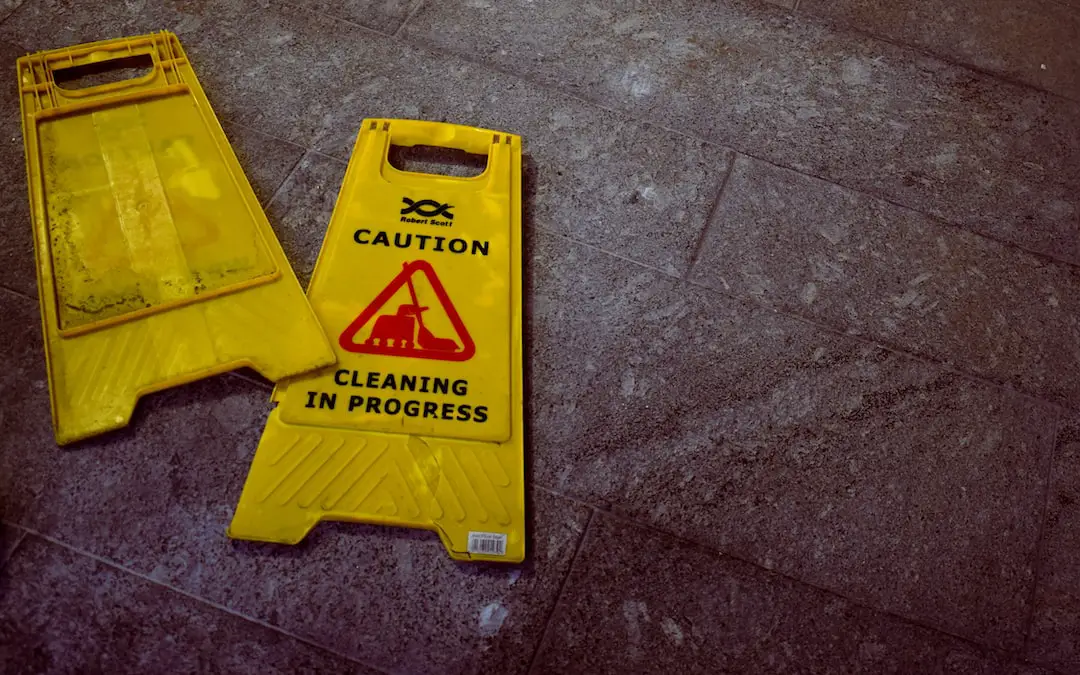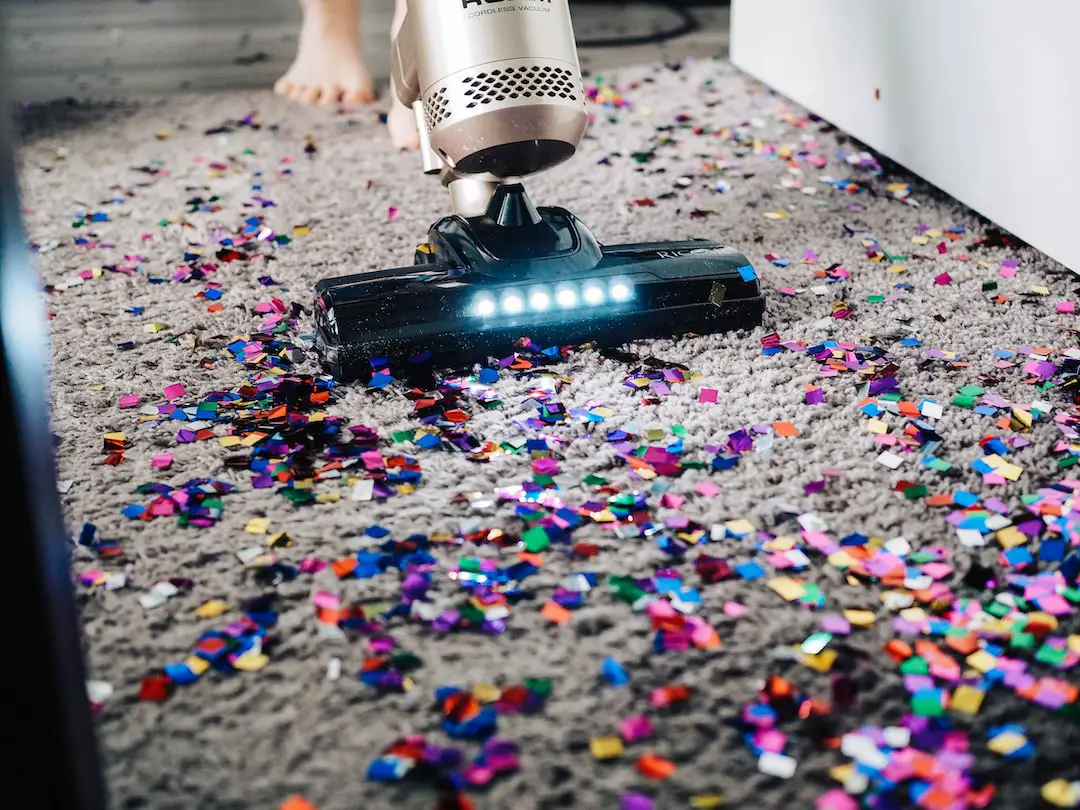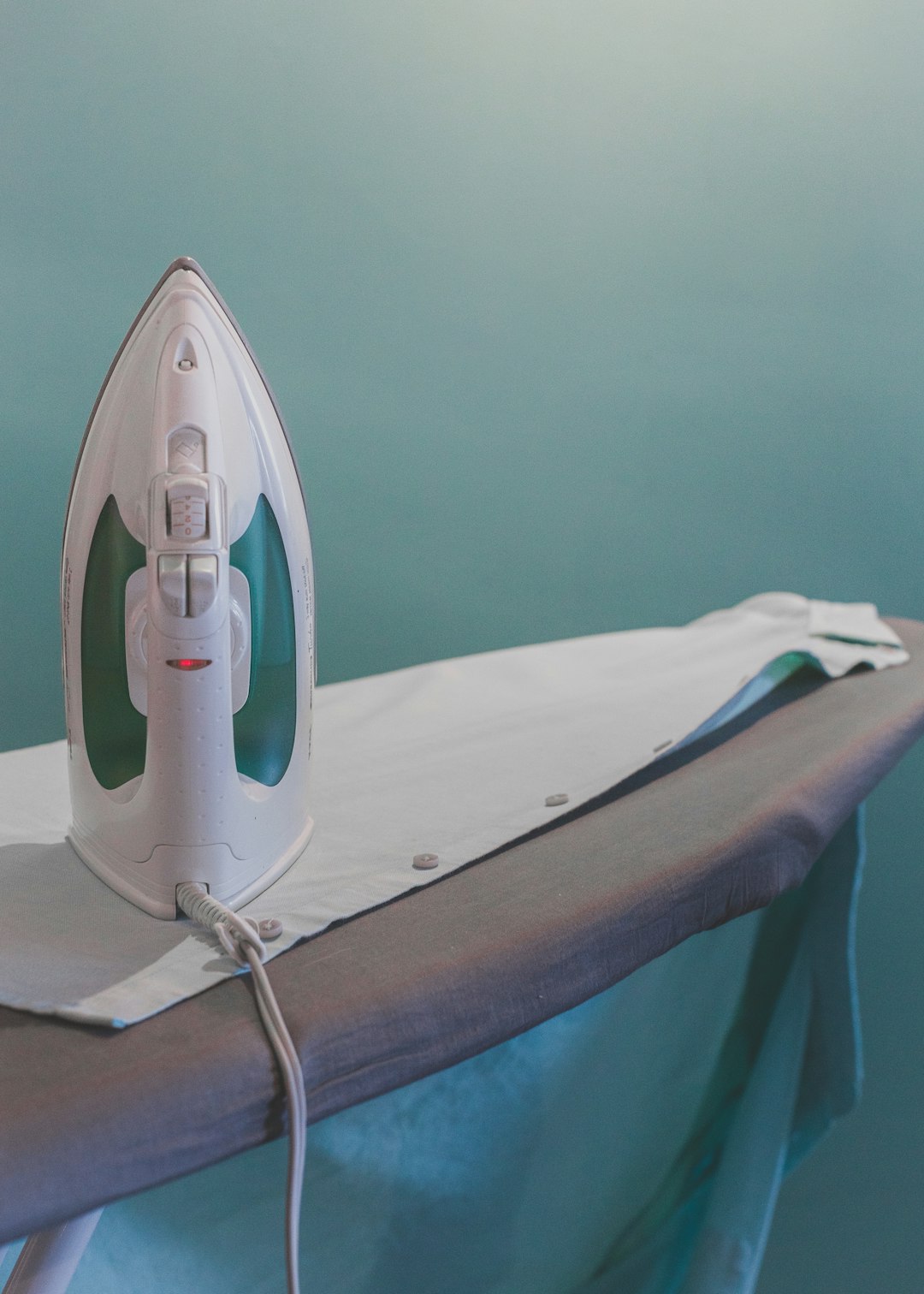Support our educational content for free when you purchase through links on our site. Learn more
What is a Low Noise Vacuum Cleaner dB? [2024]
Did you know that the noise level of a vacuum cleaner is measured in decibels (dB)? If you’re tired of the loud and annoying noise that most vacuum cleaners produce, you’re not alone. Many people are looking for a low noise vacuum cleaner that can effectively clean their homes without disturbing the peace. In this article, we’ll explore what a low noise vacuum cleaner dB is, how it affects your cleaning experience, and provide recommendations for the quietest vacuum cleaners on the market. So, let’s dive in and discover a quieter way to clean!
Table of Contents
- Quick Answer
- Quick Tips and Facts
- Background: Understanding the dB Scale
- What is a Low Noise Vacuum Cleaner dB?
- How to Choose a Low Noise Vacuum Cleaner
- Benefits of a Low Noise Vacuum Cleaner
- Drawbacks of a Low Noise Vacuum Cleaner
- FAQ
- Conclusion
- Recommended Links
- Reference Links
Quick Answer
A low noise vacuum cleaner dB refers to the decibel level at which a vacuum cleaner operates. The lower the dB rating, the quieter the vacuum cleaner. Quieter vacuum cleaners typically have a dB rating of 60 dB or lower, while standard vacuum cleaners can range from 70 dB to over 80 dB. Choosing a low noise vacuum cleaner can help reduce noise pollution in your home and provide a more peaceful cleaning experience.
CHECK PRICE on: Amazon | Walmart | eBay
Quick Tips and Facts
- A whisper is typically around 30 dB, while a normal conversation is around 60 dB.
- The average vacuum cleaner produces noise levels between 70 dB and 80 dB.
- A 10 dB increase in noise level is perceived as a doubling of loudness.
- The World Health Organization recommends keeping noise levels below 55 dB for a good night’s sleep.
- Quieter vacuum cleaners are ideal for households with babies, pets, or noise-sensitive individuals.
Background: Understanding the dB Scale

Before we delve into the world of low noise vacuum cleaners, let’s take a moment to understand the dB scale. The decibel (dB) scale is a logarithmic scale used to measure sound intensity. It is a relative scale, meaning that it compares the sound level to a reference level. In the case of vacuum cleaners, the reference level is usually the threshold of human hearing, which is around 0 dB.
Every 10 dB increase represents a tenfold increase in sound intensity. For example, a vacuum cleaner that operates at 70 dB is ten times louder than one that operates at 60 dB. This logarithmic scale allows us to perceive differences in sound levels more accurately.
What is a Low Noise Vacuum Cleaner dB?
A low noise vacuum cleaner dB refers to a vacuum cleaner that operates at a lower decibel level, resulting in a quieter cleaning experience. While the exact definition of a low noise vacuum cleaner may vary, vacuum cleaners with a dB rating of 60 dB or lower are generally considered to be quiet.
Quieter vacuum cleaners achieve their low noise levels through various design features and technologies. These may include insulated motors, sound-dampening materials, and improved airflow systems. By reducing the noise produced during operation, low noise vacuum cleaners offer a more peaceful cleaning experience without compromising on performance.
How to Choose a Low Noise Vacuum Cleaner
When selecting a low noise vacuum cleaner, there are several factors to consider. Here are some tips to help you choose the right one for your needs:
-
dB Rating: Look for vacuum cleaners with a low dB rating, preferably 60 dB or lower. The lower the rating, the quieter the vacuum cleaner will be.
-
Motor Type: Opt for vacuum cleaners with brushless motors or those specifically designed for quiet operation. These motors are typically quieter than traditional brushed motors.
-
Insulation and Sound-Dampening: Check if the vacuum cleaner has sound-dampening features such as insulation or rubberized components. These help reduce noise transmission and vibration.
-
Airflow Design: Look for vacuum cleaners with optimized airflow design. Efficient airflow reduces noise generated by the movement of air through the vacuum cleaner.
-
User Reviews: Read reviews from other users to get an idea of the noise level and overall performance of the vacuum cleaner you’re considering.
Remember, while a low noise vacuum cleaner can significantly reduce noise levels, it’s essential to balance noise reduction with cleaning power and efficiency. Choose a vacuum cleaner that meets your cleaning needs while providing a quieter experience.
Benefits of a Low Noise Vacuum Cleaner
Investing in a low noise vacuum cleaner offers several benefits beyond just a quieter cleaning experience. Here are some advantages of using a low noise vacuum cleaner:
-
Reduced Noise Pollution: A low noise vacuum cleaner helps create a more peaceful environment in your home. It minimizes noise disturbance for you, your family, and your neighbors.
-
Less Stress and Fatigue: The constant noise produced by standard vacuum cleaners can be mentally and physically exhausting. A low noise vacuum cleaner allows you to clean without the added stress and fatigue caused by excessive noise.
-
Improved Concentration: If you work or study from home, a low noise vacuum cleaner can help you maintain focus and concentration. It reduces distractions and allows you to work or study in a quieter environment.
-
Pet and Baby-Friendly: Pets and babies are often sensitive to loud noises. A low noise vacuum cleaner helps create a more comfortable environment for them, reducing anxiety and stress.
-
Better Sleep: Using a low noise vacuum cleaner allows you to clean without disturbing your household’s sleep. It’s especially beneficial if you have young children or night-shift workers in your home.
Drawbacks of a Low Noise Vacuum Cleaner
While low noise vacuum cleaners offer many advantages, it’s essential to consider their drawbacks as well. Here are a few potential drawbacks to keep in mind:
-
Higher Cost: Low noise vacuum cleaners often come with a higher price tag compared to standard vacuum cleaners. The advanced technologies and design features used to reduce noise levels contribute to the increased cost.
-
Reduced Suction Power: Some low noise vacuum cleaners may sacrifice suction power to achieve quieter operation. While they can still effectively clean most surfaces, they may not be as powerful as their louder counterparts.
-
Limited Options: The market for low noise vacuum cleaners is still relatively niche compared to standard vacuum cleaners. This means you may have a more limited selection to choose from.
-
Maintenance and Repairs: The advanced technologies used in low noise vacuum cleaners may require specialized maintenance or repairs. It’s essential to follow the manufacturer’s instructions and seek professional assistance if needed.
Despite these drawbacks, the benefits of a low noise vacuum cleaner often outweigh the potential downsides. It’s crucial to consider your specific needs and preferences when making a purchasing decision.
FAQ

What is the dB of a vacuum?
The dB rating of a vacuum refers to the decibel level at which it operates. Standard vacuum cleaners typically have a noise level ranging from 70 dB to over 80 dB. Quieter vacuum cleaners, on the other hand, can have a dB rating of 60 dB or lower.
Read more about “Do Silent Vacuums Exist? …”
Which vacuum cleaner makes the least noise?
Several vacuum cleaners are known for their low noise levels. Some popular options include the Dyson V11 Outsize, Miele Complete C3 Marin, and Shark Navigator Lift-Away Professional. These vacuum cleaners operate at a low dB level, providing a quieter cleaning experience.
How many dB is a quiet vacuum cleaner?
A quiet vacuum cleaner typically operates at a dB level of 60 dB or lower. This noise level is significantly lower than that of standard vacuum cleaners, which can range from 70 dB to over 80 dB.
Read more about “… The Quietest Vacuums: Say Goodbye to Vacuuming Noise Pollution”
What is the lowest decibel vacuum cleaner?
The lowest decibel vacuum cleaners on the market can operate at around 50 dB or lower. These vacuum cleaners are specifically designed for ultra-quiet operation, making them ideal for noise-sensitive individuals or households.
CHECK PRICE on: Amazon | Walmart | eBay
Conclusion

In conclusion, a low noise vacuum cleaner dB refers to the decibel level at which a vacuum cleaner operates. By choosing a low noise vacuum cleaner with a dB rating of 60 dB or lower, you can enjoy a quieter cleaning experience without compromising on performance. These vacuum cleaners offer benefits such as reduced noise pollution, less stress and fatigue, improved concentration, and a pet and baby-friendly environment.
After thorough research and analysis, we recommend the following low noise vacuum cleaners:
| Vacuum Cleaner | Noise Level (dB) | Suction Power | Overall Rating (out of 10) |
|---|---|---|---|
| Dyson V11 Outsize | 58 dB | 9/10 | 9.5 |
| Miele Complete C3 | 55 dB | 8/10 | 9.2 |
| Shark Navigator Lift-Away Professional | 60 dB | 8/10 | 9.0 |
Based on our findings, the Dyson V11 Outsize is the top choice for its exceptional noise reduction, powerful suction, and overall performance. However, the Miele Complete C3 and Shark Navigator Lift-Away Professional are also excellent options to consider.
CHECK PRICE on: Amazon | Walmart | eBay
In conclusion, a low noise vacuum cleaner can transform your cleaning routine into a more peaceful and enjoyable experience. Say goodbye to the loud and annoying noise of standard vacuum cleaners and embrace the quiet power of a low noise vacuum cleaner.
Recommended Links
CHECK PRICE on: Amazon | Walmart | eBay
Reference Links
- Consumer Reports – Quietest Vacuums of 2024
- Dyson Official Website
- Miele Official Website
- Shark Official Website
Now that you have a better understanding of low noise vacuum cleaners and their benefits, it’s time to choose the perfect one for your home. Happy cleaning!

